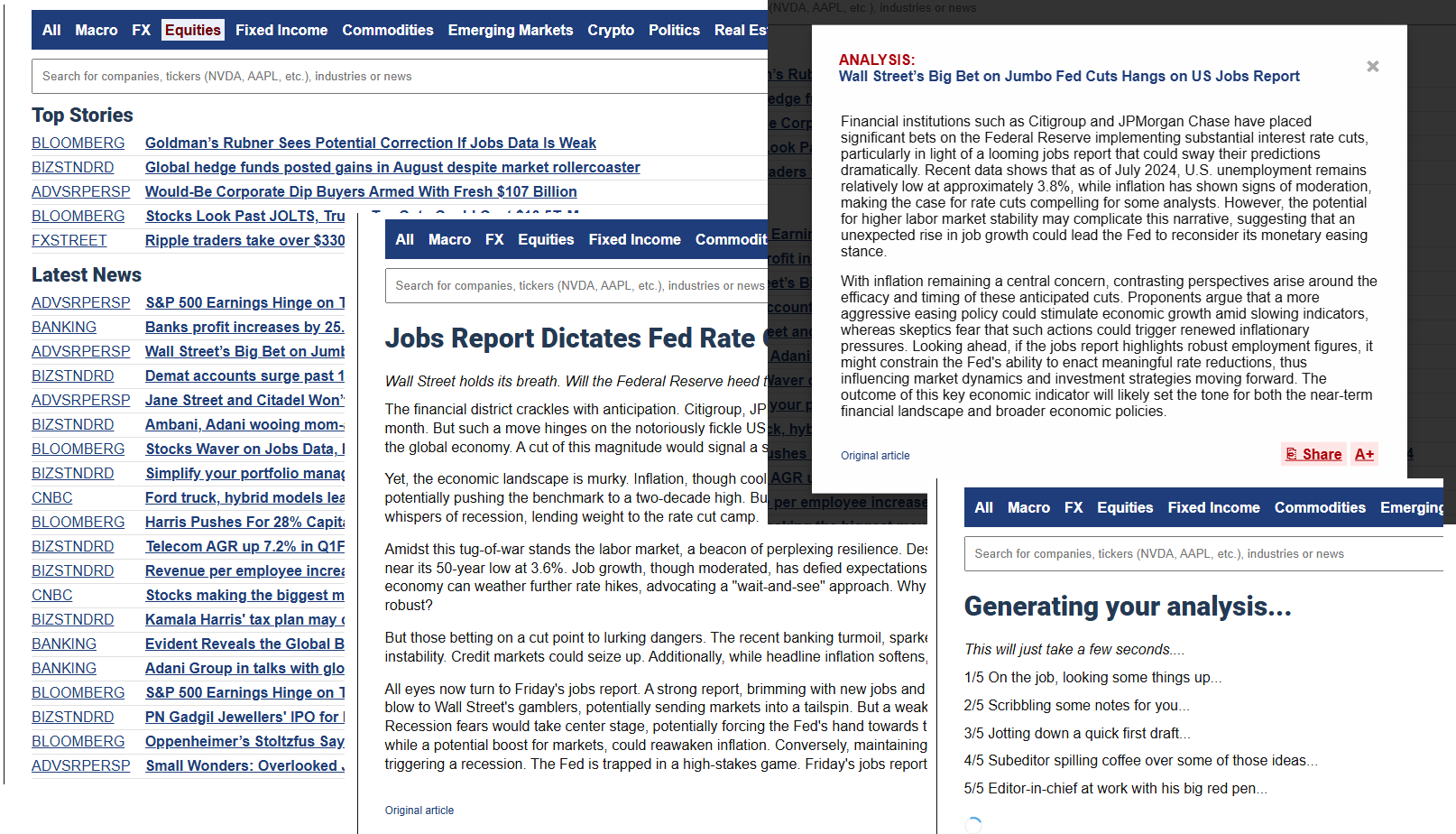Banks Private Credit Form Strategic Frenemy Alliances
The financial world is navigating an unexpected yet strategic collaboration as banks and private credit firms blur the lines traditionally separating their services. These entities, once distinct in their financial functions, are discovering mutually beneficial opportunities in the face of shifting market dynamics. Historically, banks have excelled in large-scale funding, while private credit firms have catered to specialized financing needs. This strategic convergence is redefining industry norms, offering fresh avenues for maximizing revenue amid external pressures.
Dubbed a 'frenemy' relationship, this collaboration reflects a shared interest in broadening market influence and capitalizing on competitive advantages. Banks, with deep resources and extensive client bases, are attractive partners for private credit entities aiming to expand their reach. For banks, the allure lies in accessing innovative and flexible financial solutions that private credit firms excel in, enabling an enriched service offering to their clientele. However, maintaining a competitive edge remains a delicate balancing act, as each entity seeks to safeguard its market position.
The dynamic is further shaped by external influences, notably the Federal Reserve's ongoing monetary policy shifts and the impending U.S. presidential elections. Both factors are pivotal to global financial equilibrium, introducing layers of uncertainty. The U.S. dollar's performance is particularly noteworthy, as it nears its strongest month since 2022. This resurgence is fueled by traders adjusting their stances in light of potential Federal Reserve actions and election outcomes that could redefine market landscapes. Such developments add complexity, demanding agile adaptation from banks and private credit firms alike.
Simultaneously, technological advancements, particularly in artificial intelligence, are revolutionizing industry practices. Prosus CEO Fabricio Bloisi emphasizes understanding AI technology as a cornerstone for building trust and credibility in this rapidly evolving landscape. The AI conversation has transitioned from speculative discourse to an imperative agenda, urging stakeholders across finance, technology, and policy sectors to devise transparent strategies that align with digital progressions. This shift underscores a broader movement towards integrating groundbreaking technologies to stay competitive and responsive in an era of accelerated change.
Beyond the primary financial sector, economic indicators from other industries highlight the interconnectedness of global economies. In South Africa, agricultural machinery sales are scrutinized for insights into economic conditions. However, analysts caution against a simplistic interpretation of these figures, noting external factors such as climate change and supply disruptions significantly influence outcomes. This underscores the necessity for nuanced interpretations of economic data, recognizing the multifaceted realities of modern economies. Meanwhile, Italy's ABI bank lobby assuages concerns over potential client impacts from new tax measures, illustrating efforts to maintain investor and consumer confidence amid fiscal reforms. Similar anticipations mark the UK's financial sector, which braces for potential tax legislation shifts impacting market competitiveness.
Investment landscapes remain equally volatile, with geopolitical tensions persisting. Despite these challenges, analysts still consider the U.S. an attractive investment arena, citing structural advantages. However, complacency is cautioned against. To navigate this evolving economic milieu, adaptability and strategic foresight are imperative. Within the financial world, innovations in banking technology—exemplified by Alkami's recognition for pioneering mobile banking solutions—demonstrate strategic excellence that continues to shape consumer experiences and competitive landscapes. Tearsheet's accolade for Alkami highlights the importance of technological innovation as a driving force for gaining and maintaining competitive advantages across the board.
In conclusion, the evolving synergy between traditional banking and private credit firms, compounded by a fluctuating U.S. dollar, advancing AI technologies, and reformatting fiscal policies, offers a complex yet promising view of today's global economy. Industry players are compelled to re-strategize and explore innovative pathways in a world defined by constant transformation and layered challenges. As these intertwined narratives unfold, the financial sector braces for profound changes, underscoring the need for nimble responses to sustain relevance and foster progress in a fiercely competitive international environment.
AI-Powered trading insights: join our email list
Real-Time Market Analysis
Get instant insights on market trends, news impact, and trading opportunities.

